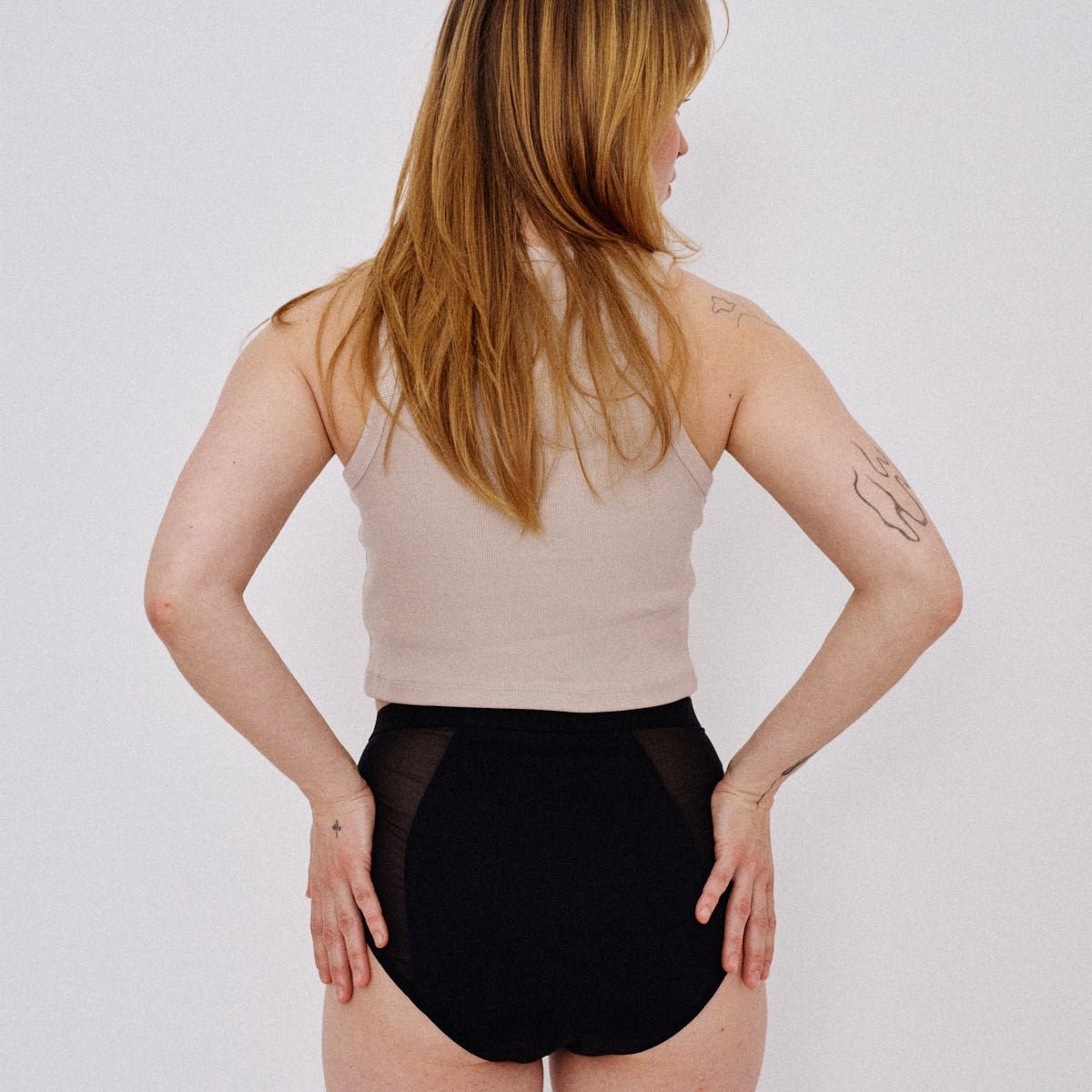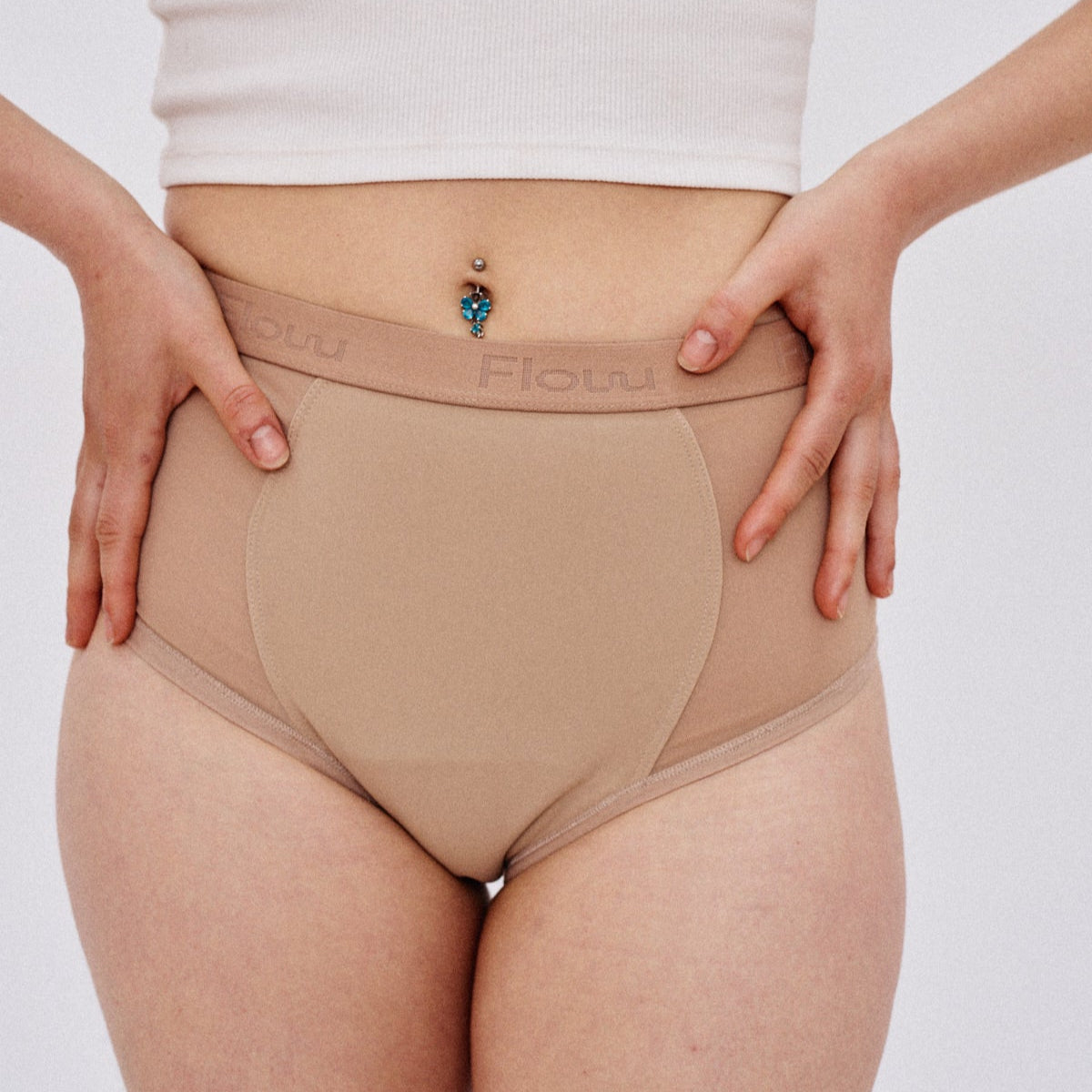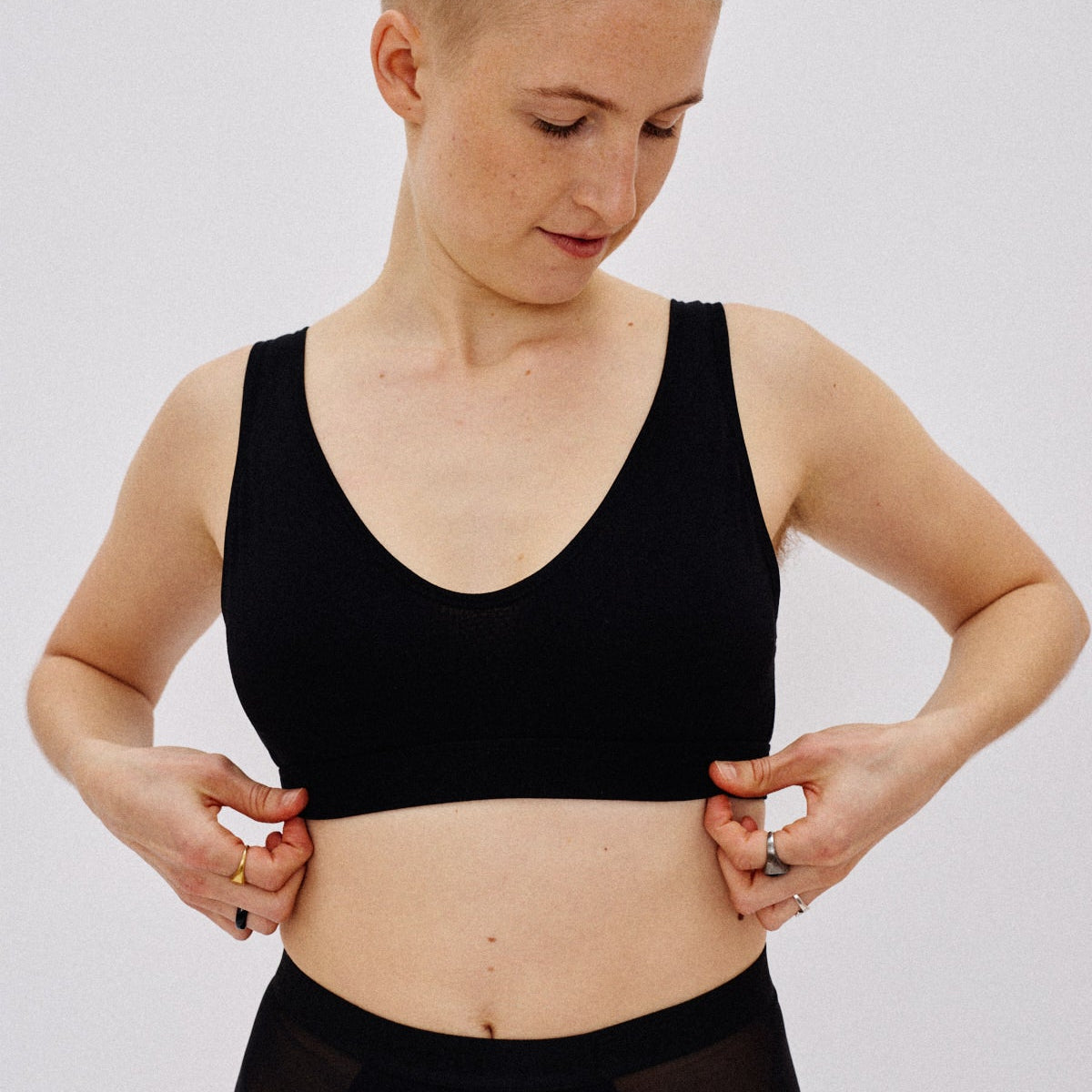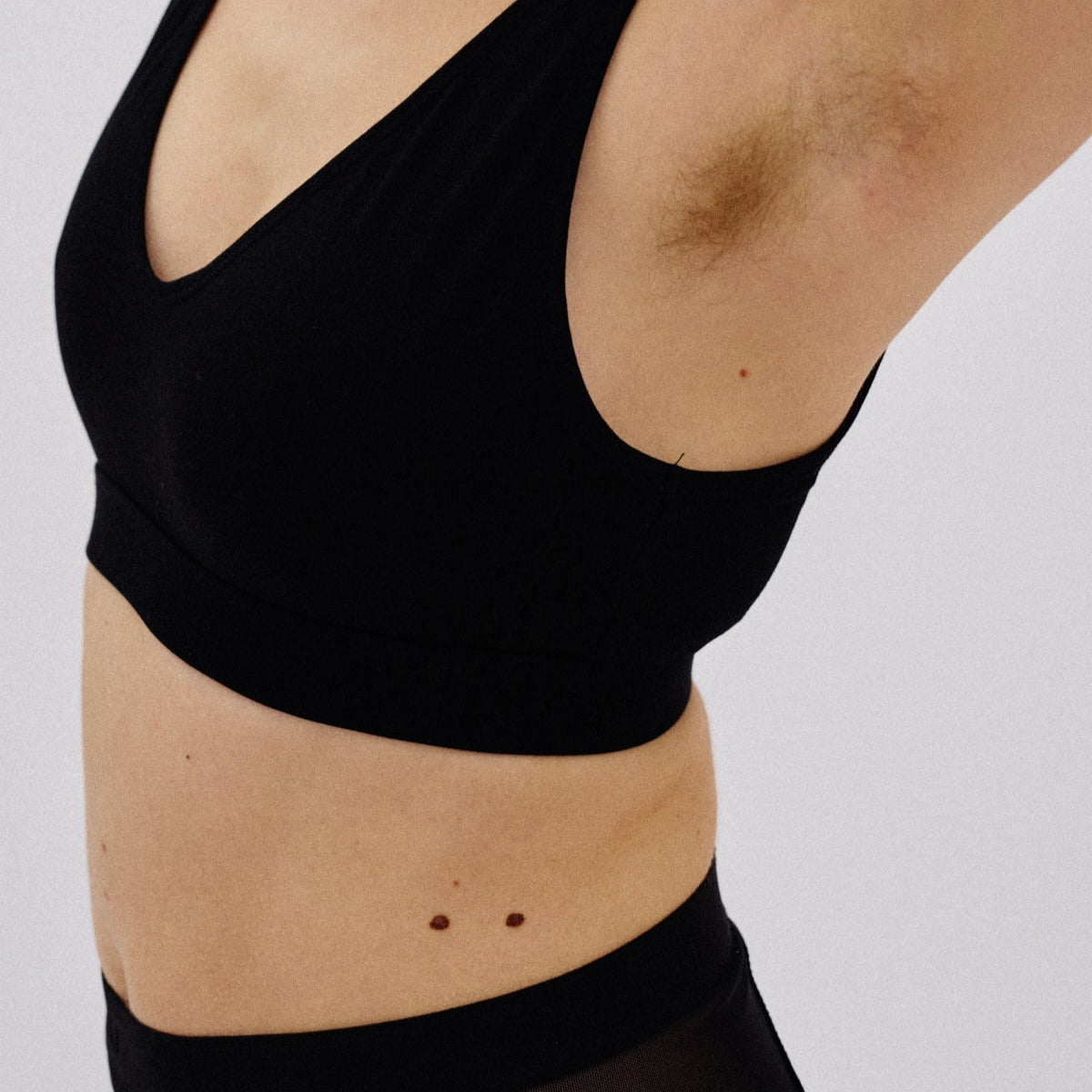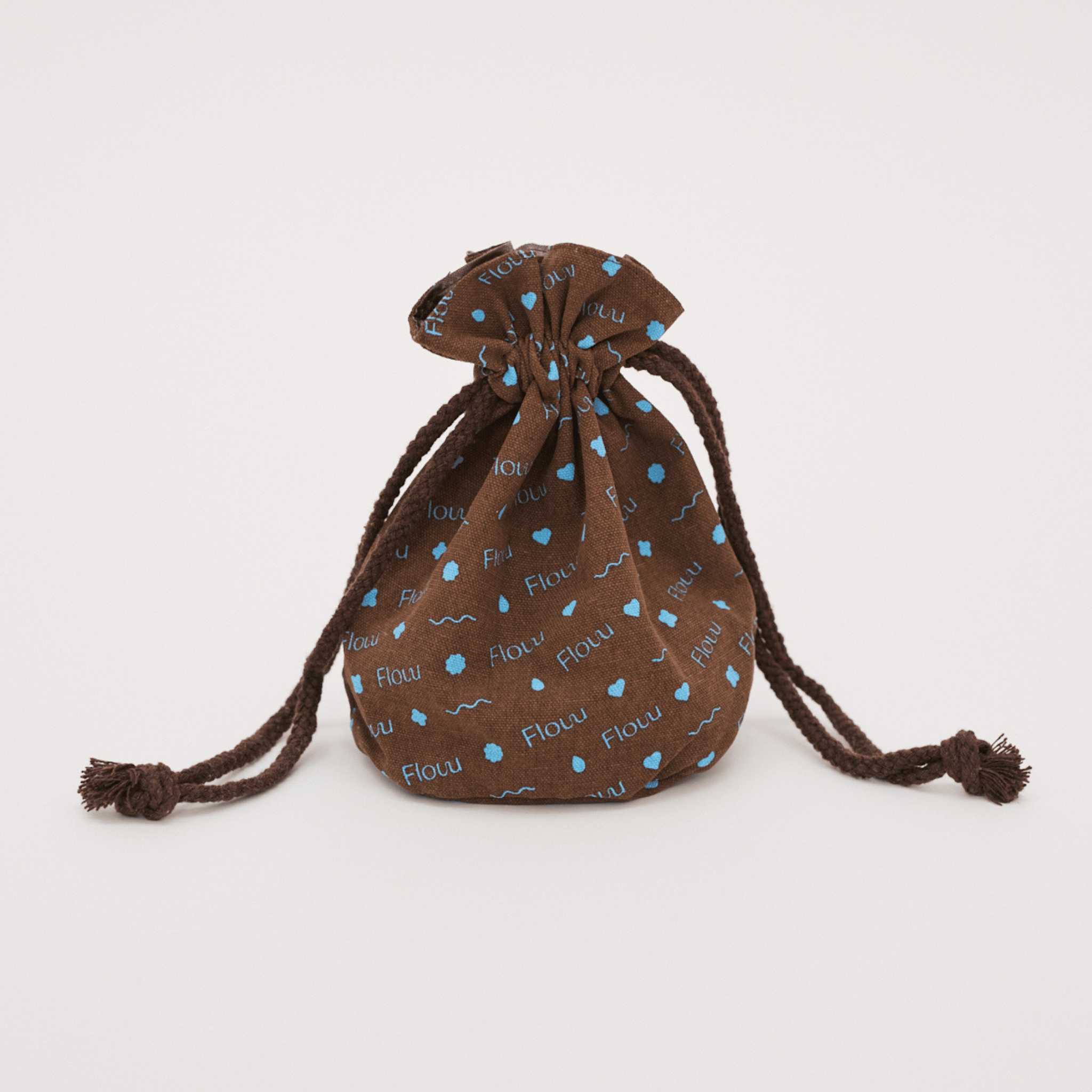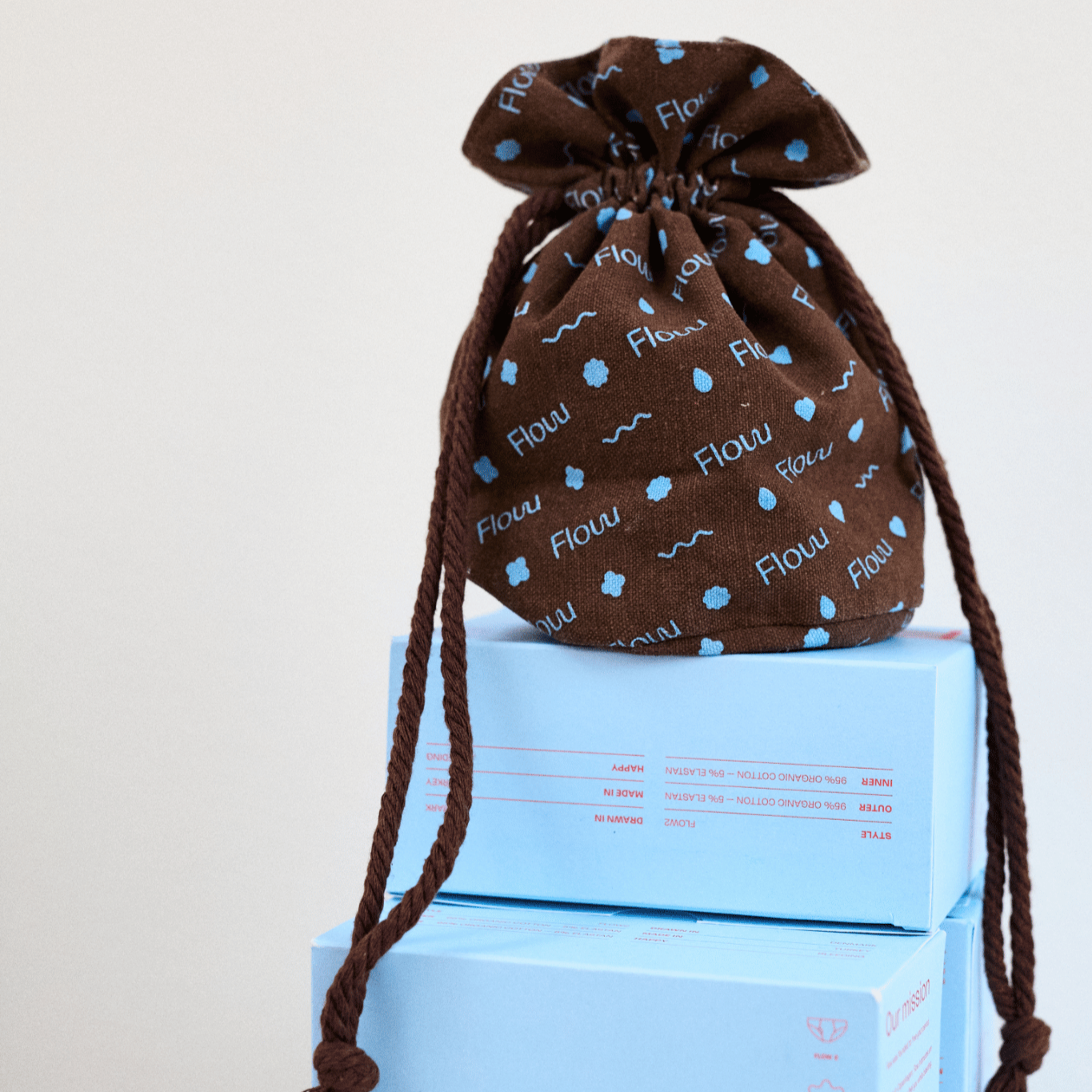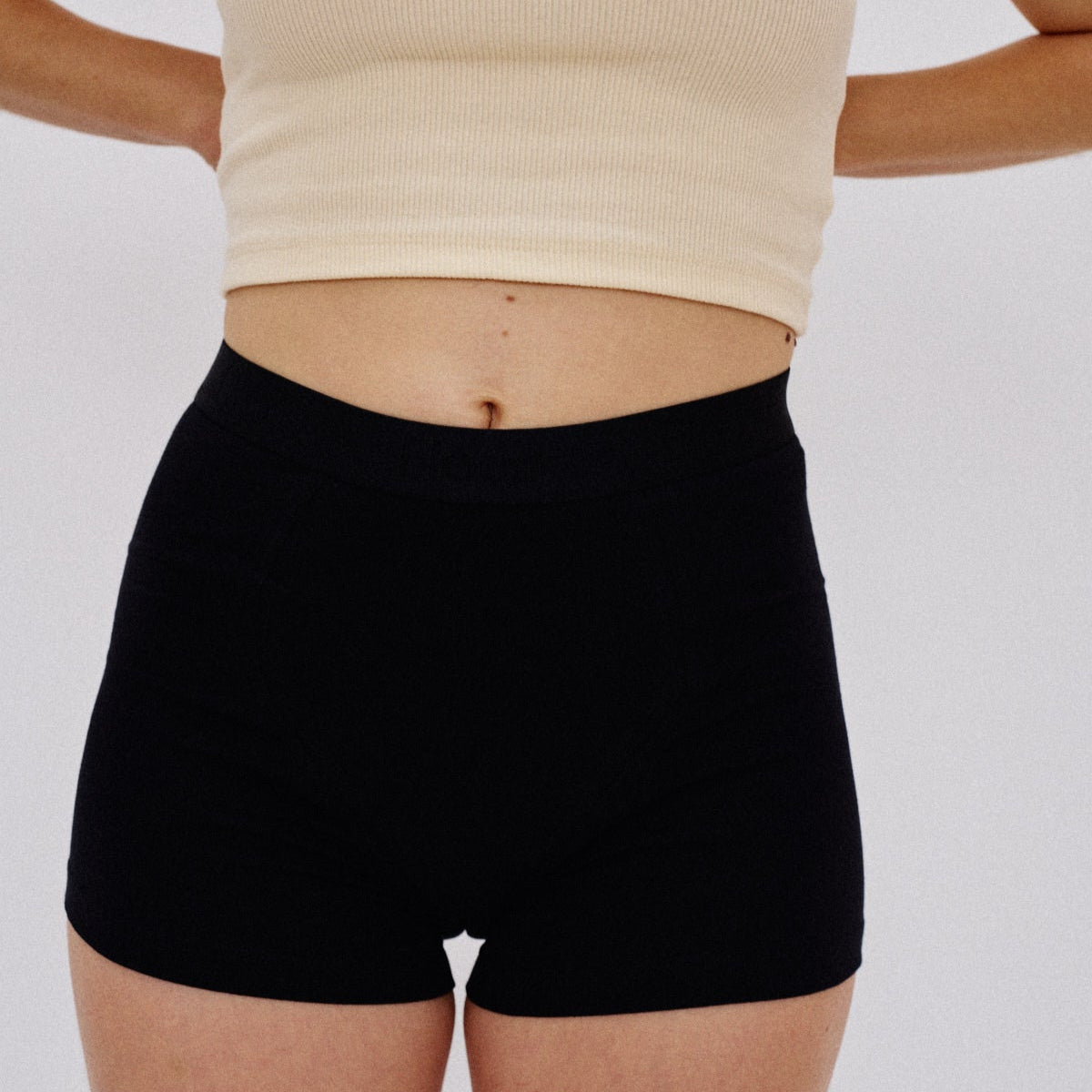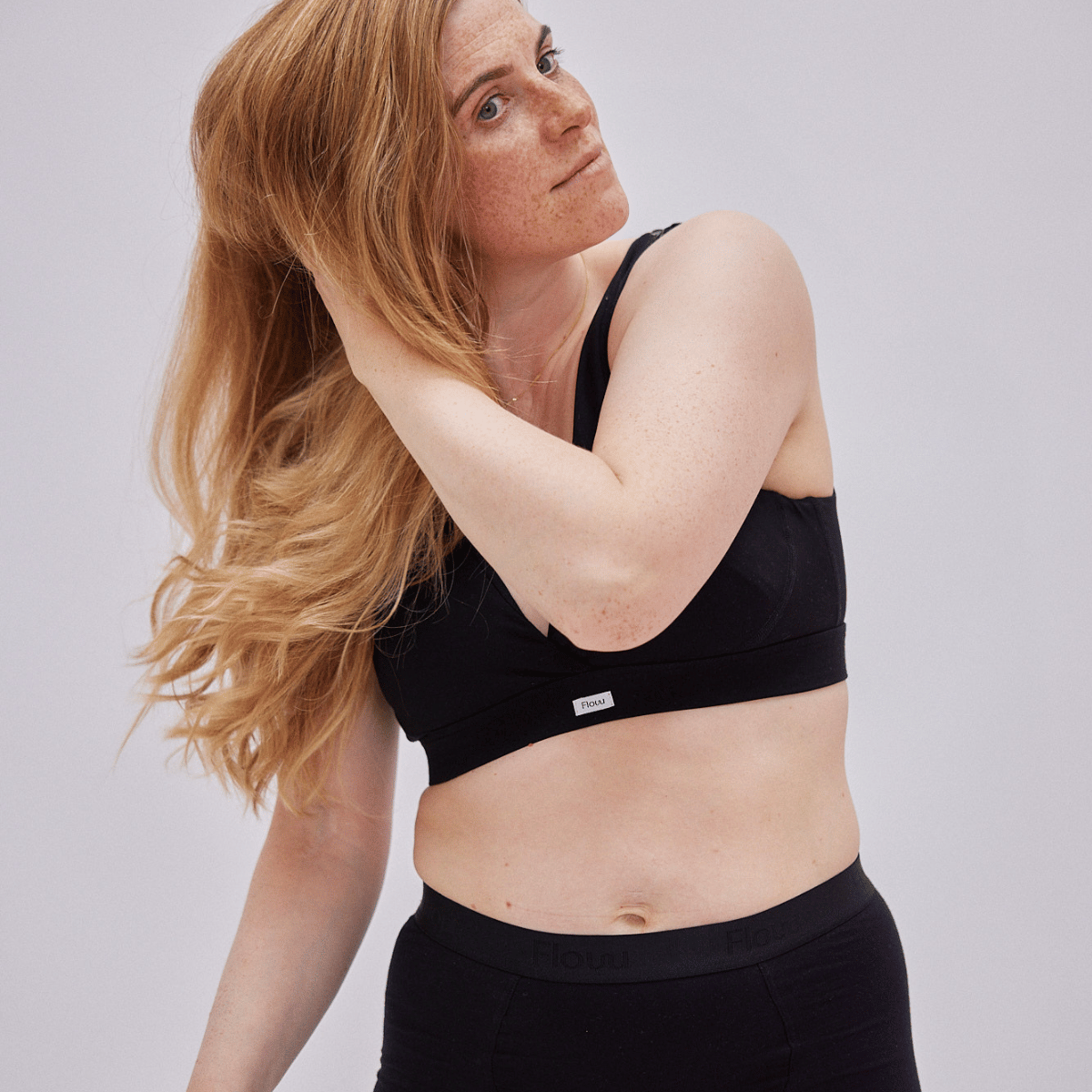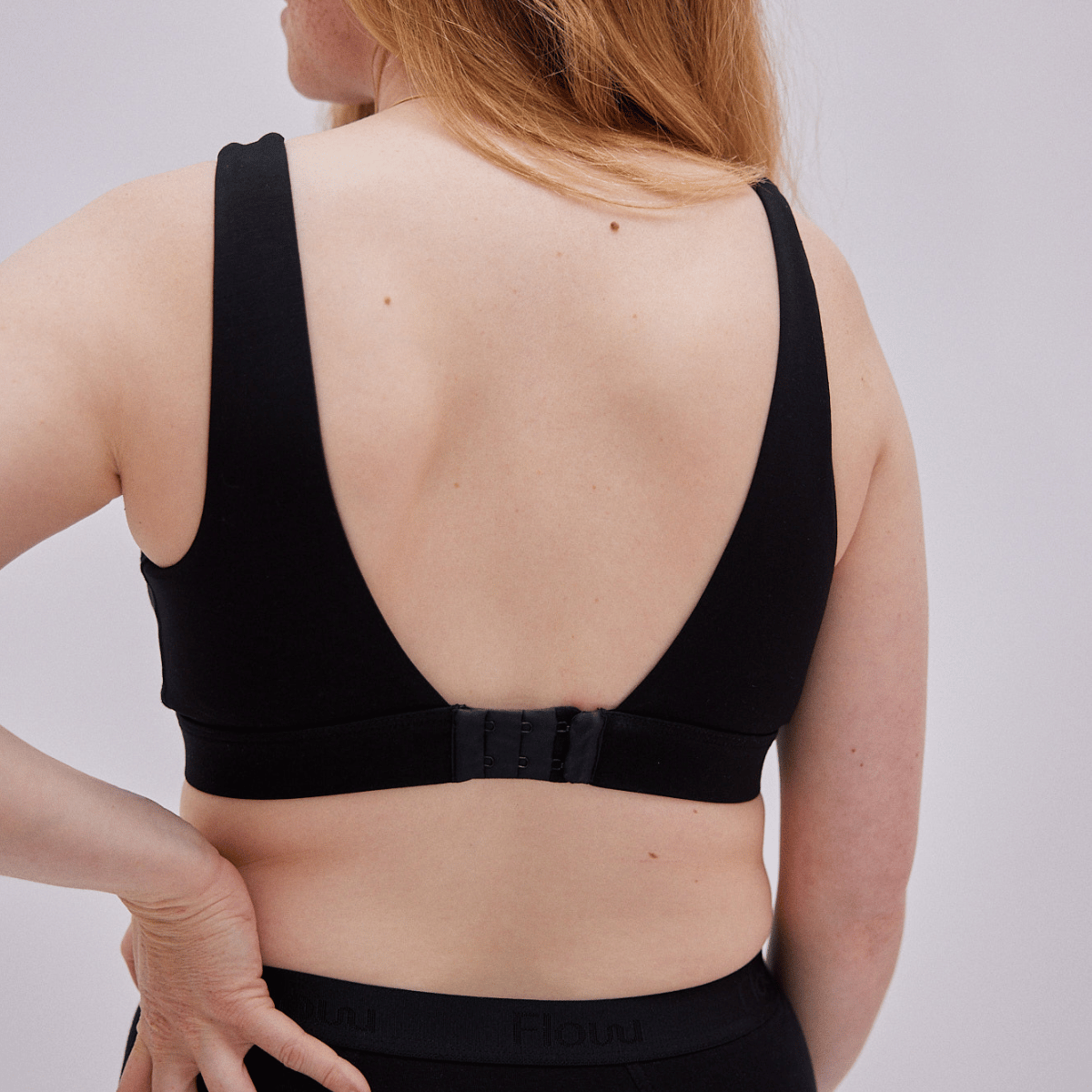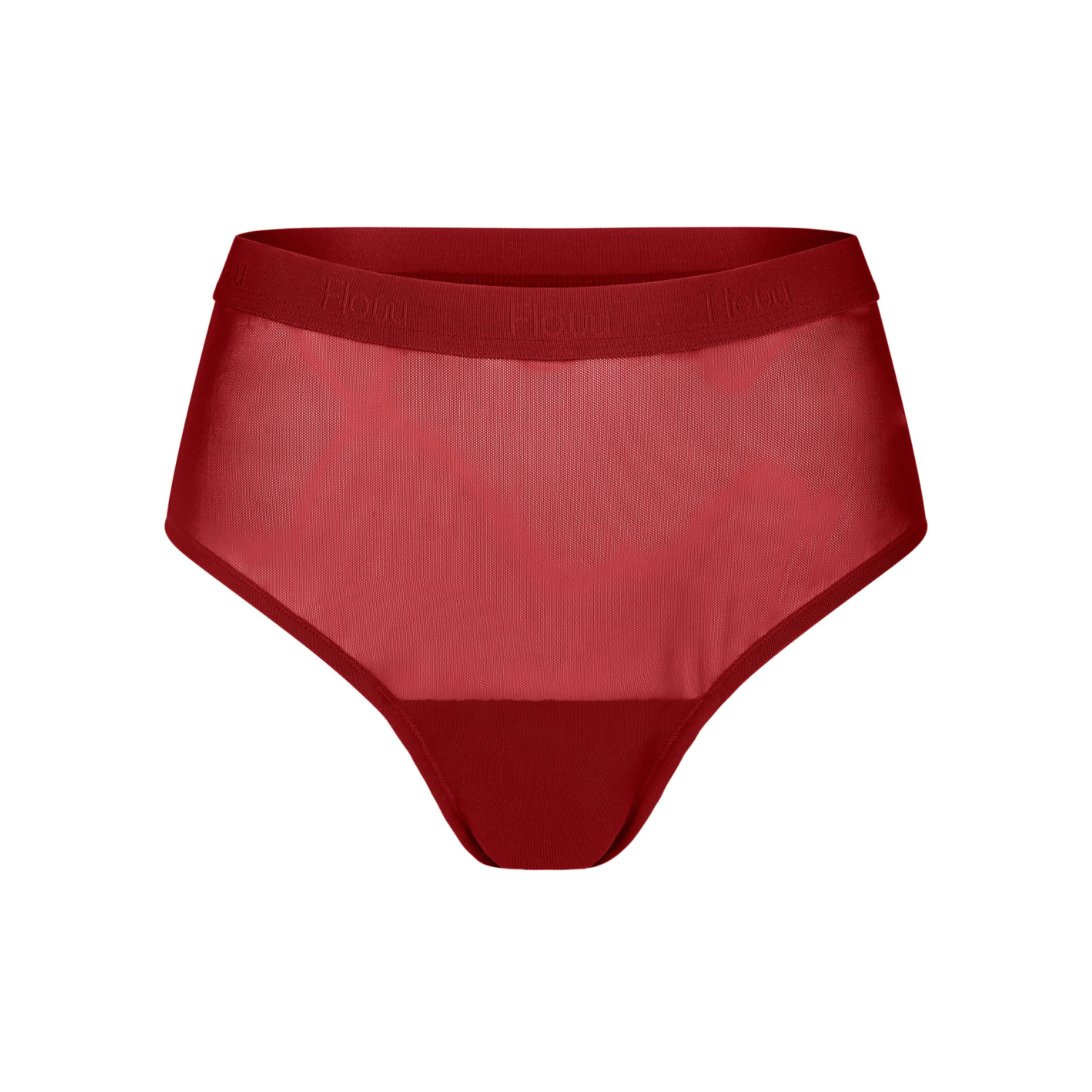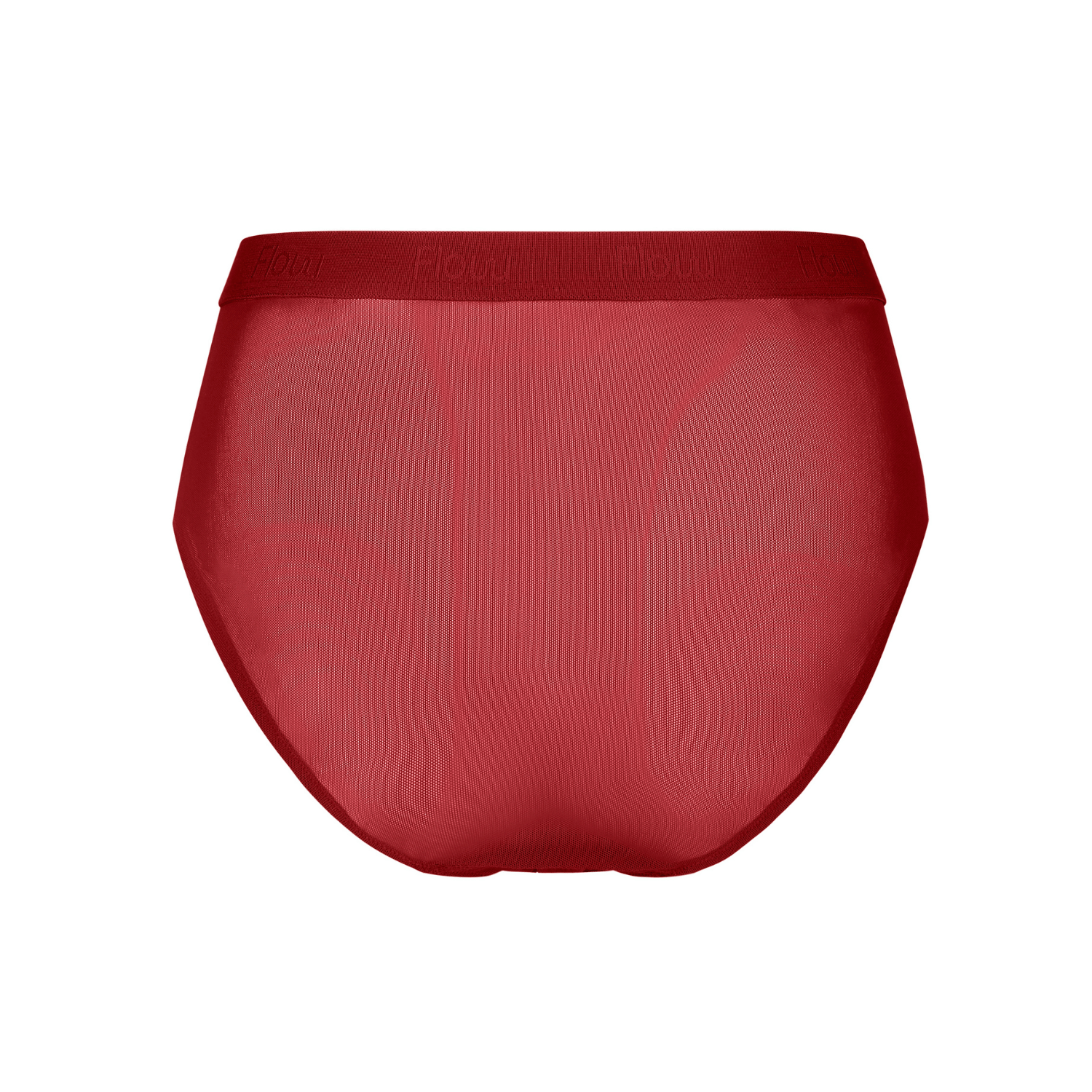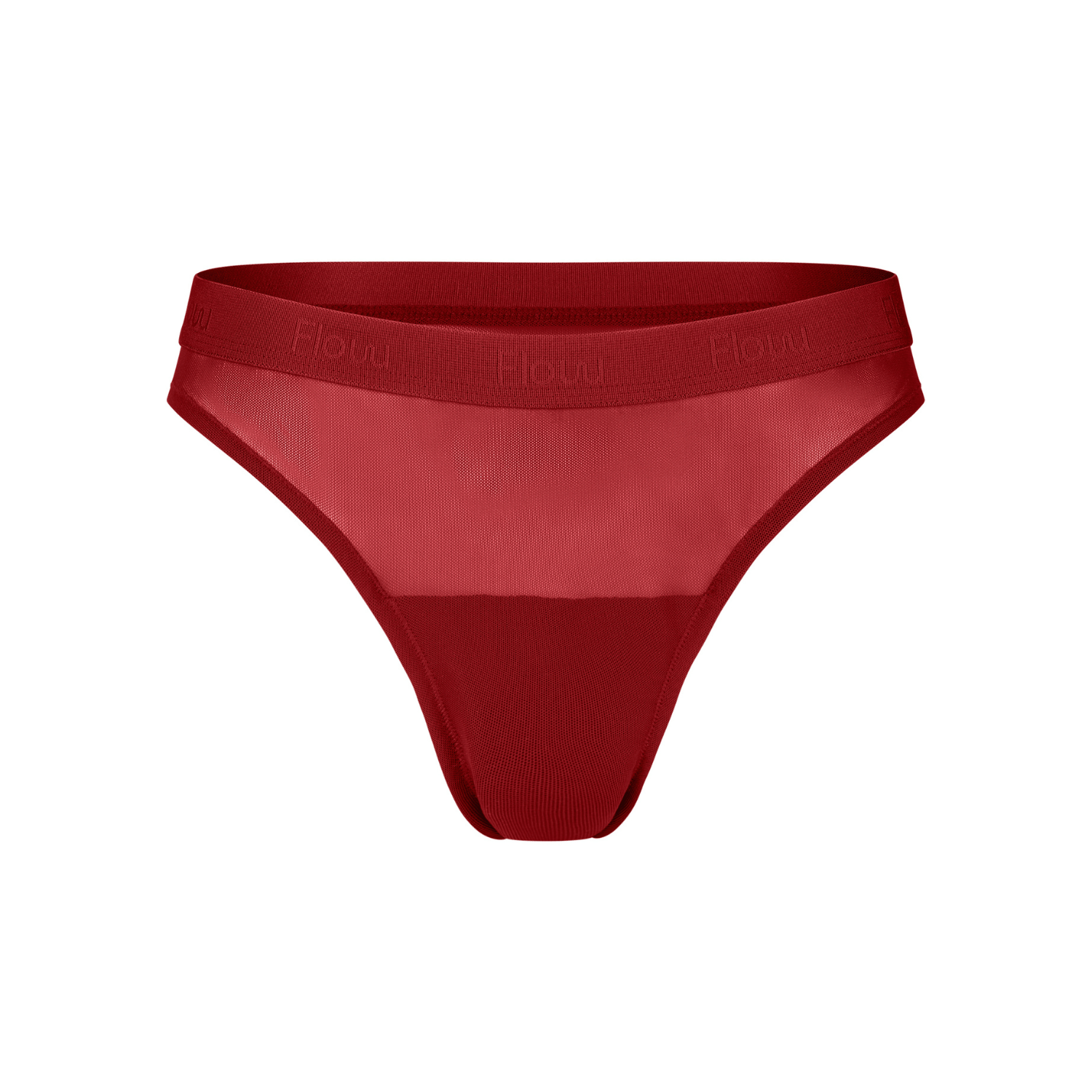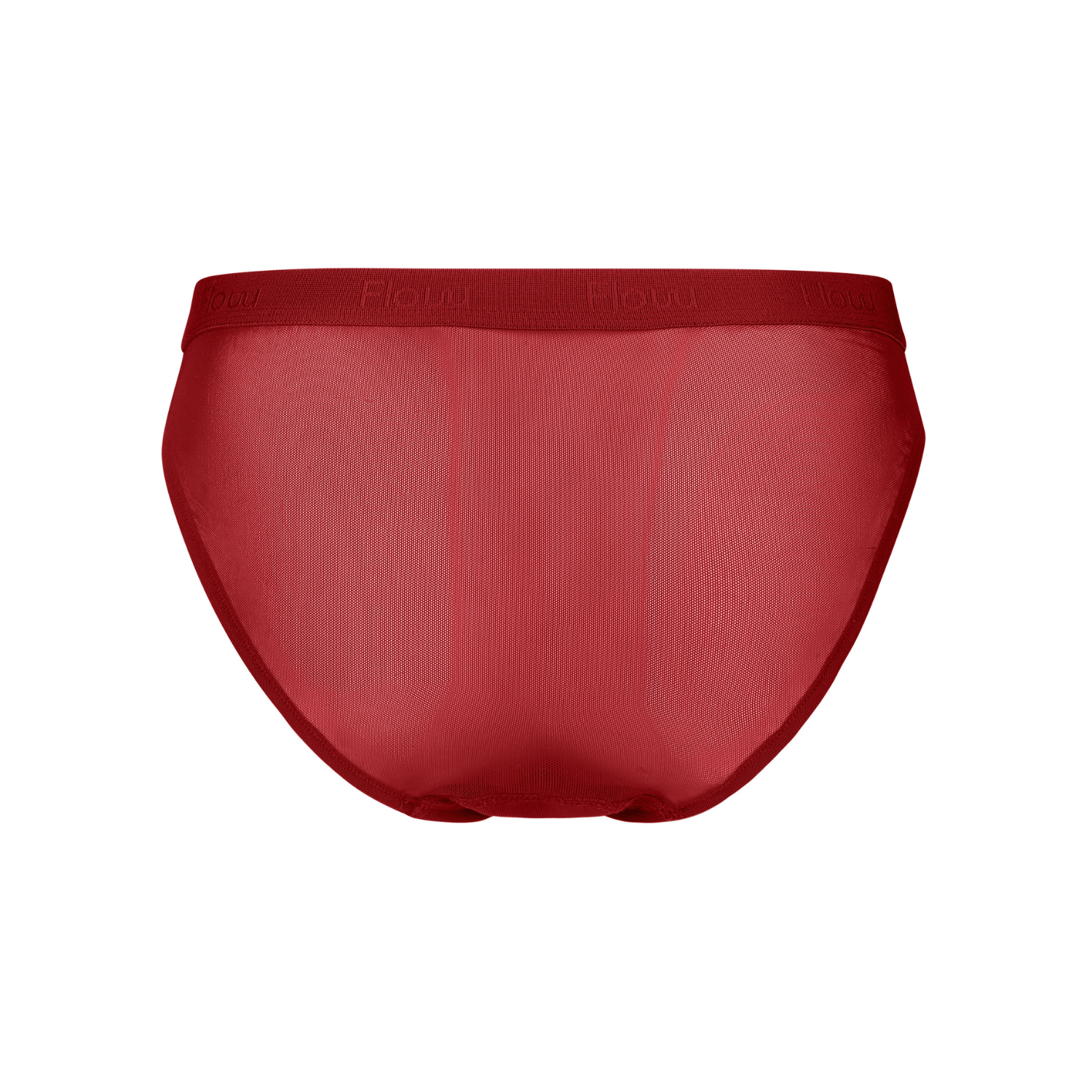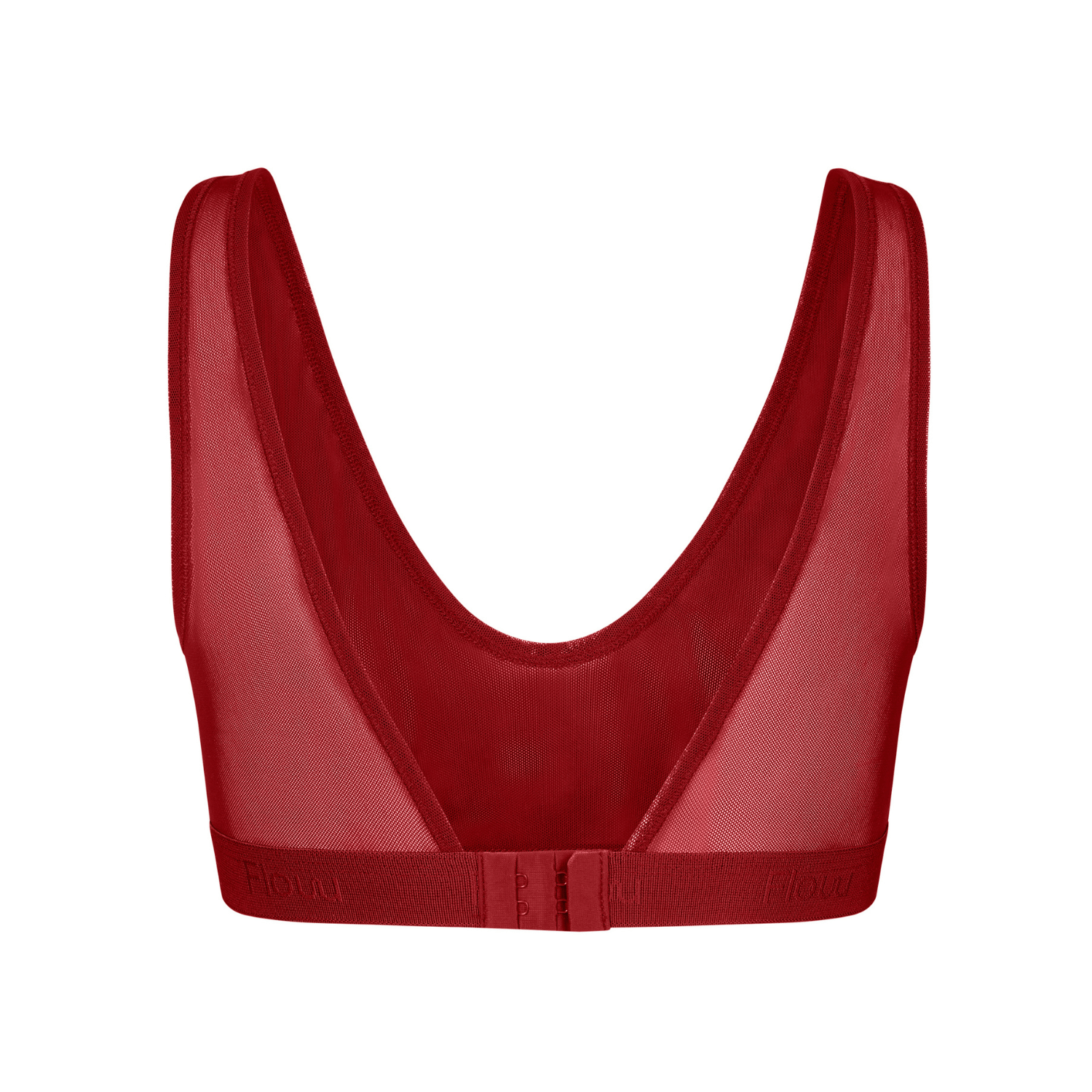Why does my abdomen smell after giving birth?
The last weeks of your pregnancy you may have felt heavy, you may have felt a little embarrassed; water in your feet, soreness, heaviness, breasts that start to leak. Here after giving birth you are more than ready for a little ✨ glow up ✨. Or maybe that's saying a lot, knowing that your sleep is probably disturbed, you don't have time to wash your hair, etc.
But you're ready to have your body back - not to be inhabited by anyone but yourself. Cut to after you give birth: Your body doesn't feel like it once did. And it certainly doesn't smell like it once did. One is the sweat - all the fluid in your body that needs to come out, the missing baths. But your lower abdomen?! Why hasn't anyone said it can have a pretty *spicy* smell after giving birth?
It's quite normal, and now we'll take you through why it happens, how long you can expect it to last - but also an insight into when it's not normal: When you should contact your doctor.

The normal after birth
You have given birth to a child - maybe even more. Now the placenta needs to come out. If you give birth vaginally, you also give birth to the placenta the same way. If you give birth by caesarean section, the placenta comes out the same way. The placenta should come out without any problems, but where it was attached to the uterus, there is now a wound that needs to heal.
As soon as the placenta is delivered, the uterus begins to contract. (afterbirth pains?! HELLO?! Ouch!). And it will cause a continuous flow (no pun intended) of bleeding in the weeks that follow. It's called lochia (or postpartum bleeding).
So what can you expect from postpartum bleeding?
-
The first few days: The bleeding is bright red and may smell a little iron-like, like a heavier period.
-
After 1–2 weeks: The color becomes more brownish or yellowish (think of the process a wound goes through - from fresh blood to brown blood, to healing), and the amount decreases. The smell may change, but should still be reminiscent of menstrual blood.
-
After 4–6 weeks: Most people stop bleeding completely.
A slight metallic or “irony” smell from the blood is completely normal. And it can also have a little… zing to it. Smell a little… Spicy… Earthy from the abdomen. Remember: A wound is healing.
In addition , sweat, discharge and lack of air circulation from pads and postpartum diapers can also contribute to the lower abdomen smelling different than before.
When odor may be a sign of infection
So a different smell from the vagina is quite normal after giving birth. BUT - an unpleasant smell can also be one of several indications that something is not quite right. So what signs can indicate that something is not quite right?
-
Very strong or rotten smell from discharge/blood
-
Pain in the lower abdomen that doesn't just feel like labor pains
-
Fever or chills
-
Discharge that is green or very yellowish
-
Persistent heavy bleeding or large clots of blood
- Bleeding that increases in intensity after decreasing over time
If you experience one or more of these symptoms, you should contact your doctor or maternity unit immediately. These could be signs of an infection in the uterus or a placenta that has not come out during labor.
How you can support the healing of the lower abdomen postpartum
We wish there was a lot more focus on how to take care of yourself post-partum. Giving birth is a feat of strength. Whether it's vaginal or by cesarean section (it's a damn good operation - here postpartum care is even more important). What the body goes through is MASSIVE. And in the "old days" in Denmark, it was quite common to lie in the maternity bed for several weeks - preferably with a week to ten days in the hospital first.
Today, things go fast. Fast in. Fast out. So it requires more of us to give our bodies the care they need.
So here are a number of areas you can pay attention to yourself:
-
Change your postpartum pads often to prevent bacteria from growing. The same goes for your menstrual panties if you use them postpartum . Rinse and change them often.
-
Rinse or shower your lower abdomen with lukewarm water instead of using strong soaps. Gentle spray, right?
-
Provide air to your lower abdomen occasionally – for example by lying without panties on, possibly on a towel if you are bleeding continuously.
-
Rest, fluids and nutritious food – that's all. The body has delivered a magnificent performance. It is still in full swing of healing.
Take care of yourself. It's completely normal for your vagina to smell different after giving birth – especially due to postpartum bleeding. However, if the smell becomes very strong, putrid, or accompanied by fever, pain, or abnormal discharge, you should see a doctor.
From here, a really soft and nice healing should sound for you. Forget about *bounce back* , honey: There's no going back. You're forever changed. And yes, a little the same. And quite different, yes, it's complicated. But that's you <3
References: Sundhed.dk, NHS - Lochia (postbirth bleeding), Mayo Clinic - Postpartum Complications, Cleveland Clinic - Lochia

